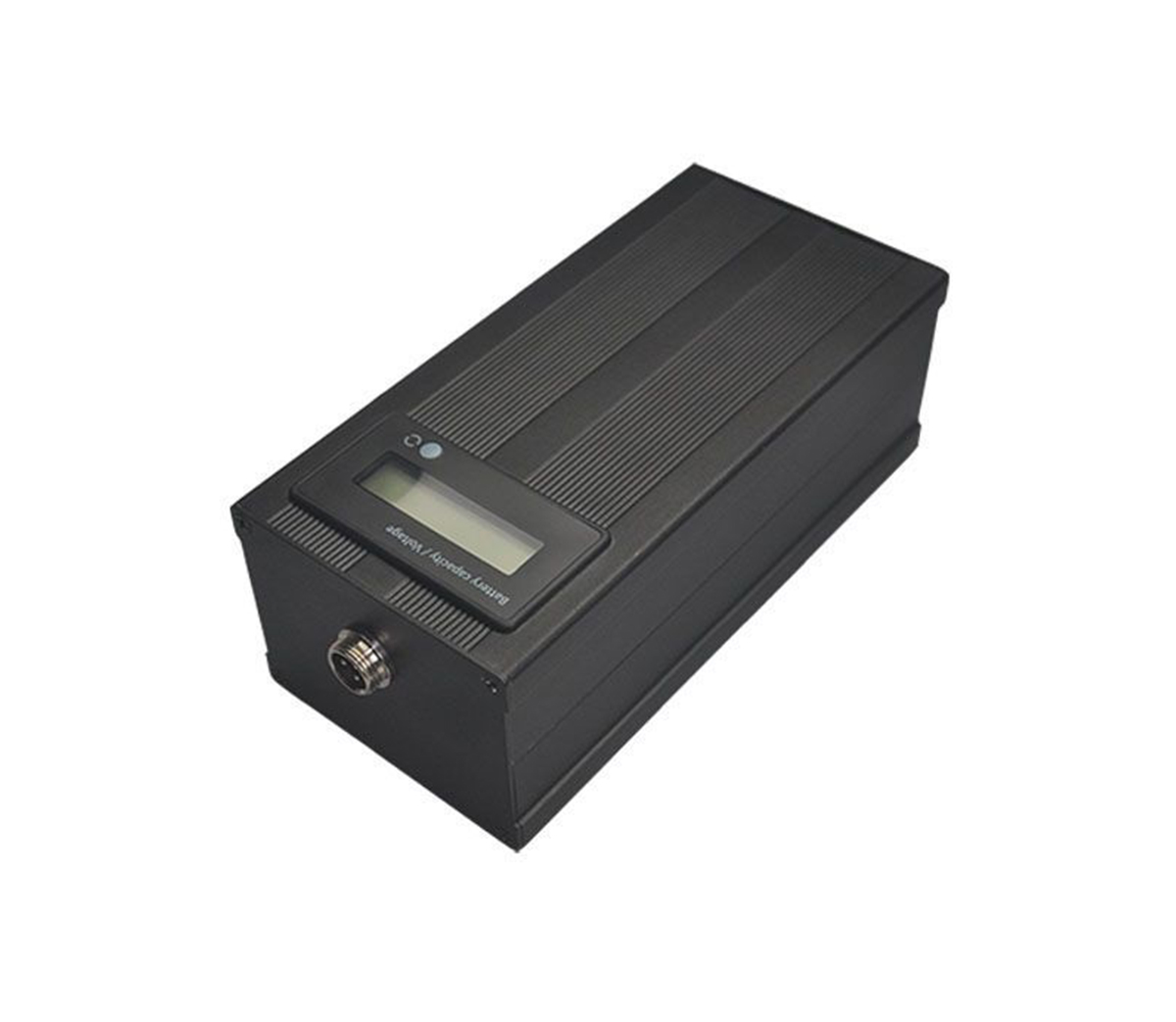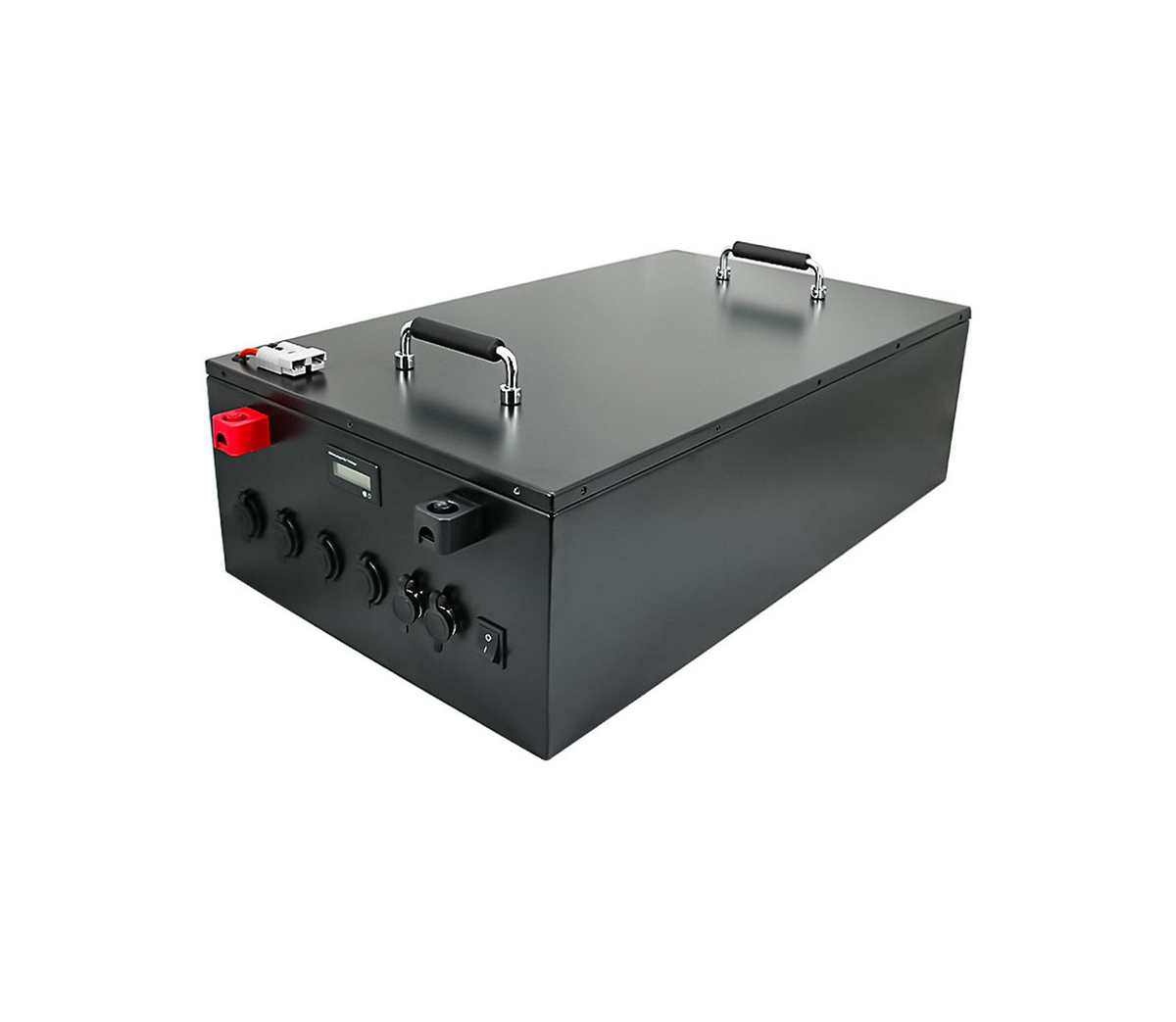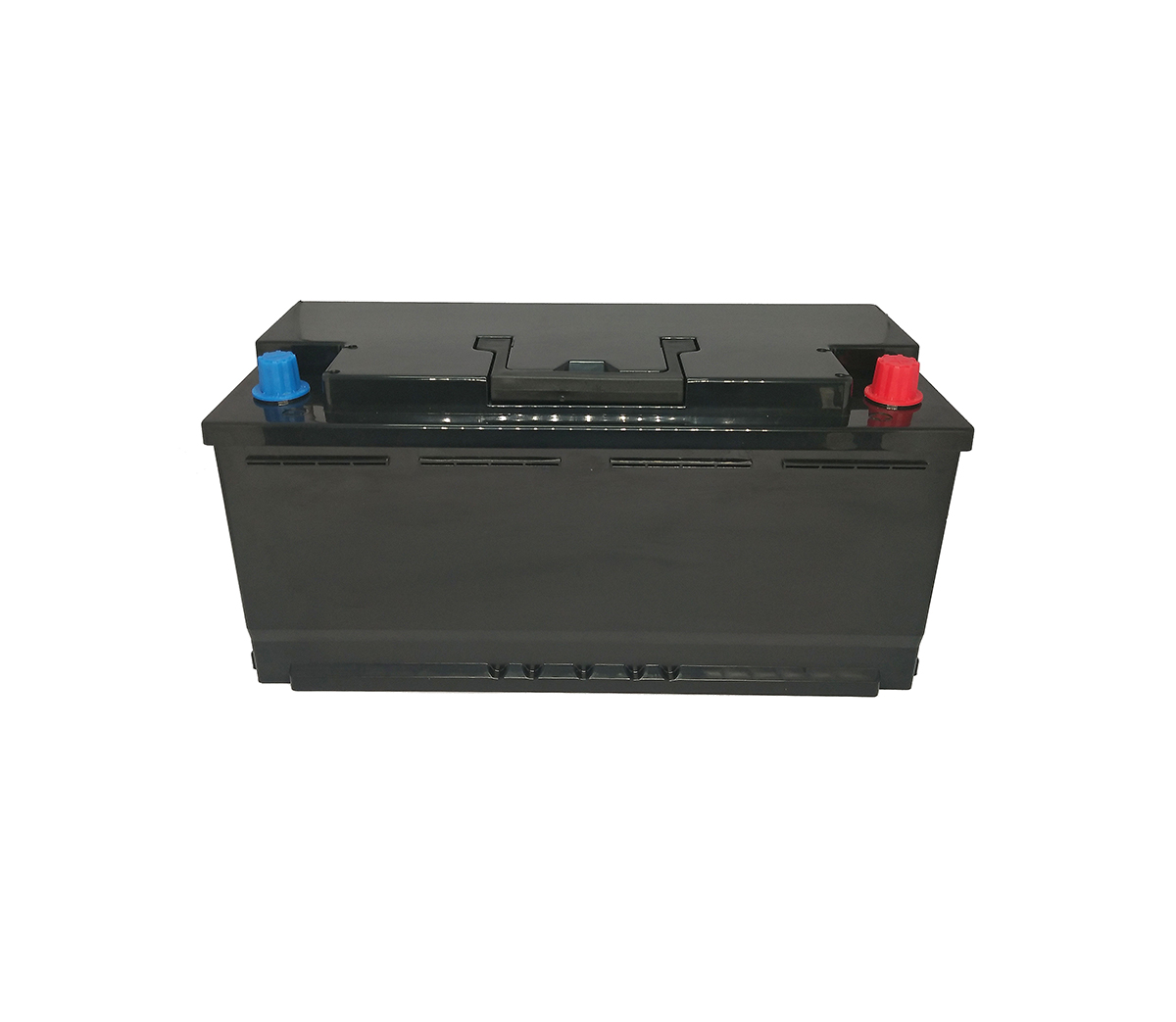The Yale 360 website published an article signed by Fred Pearce, which
analyzed in detail the environmental hazards caused by lead-acid batteries.
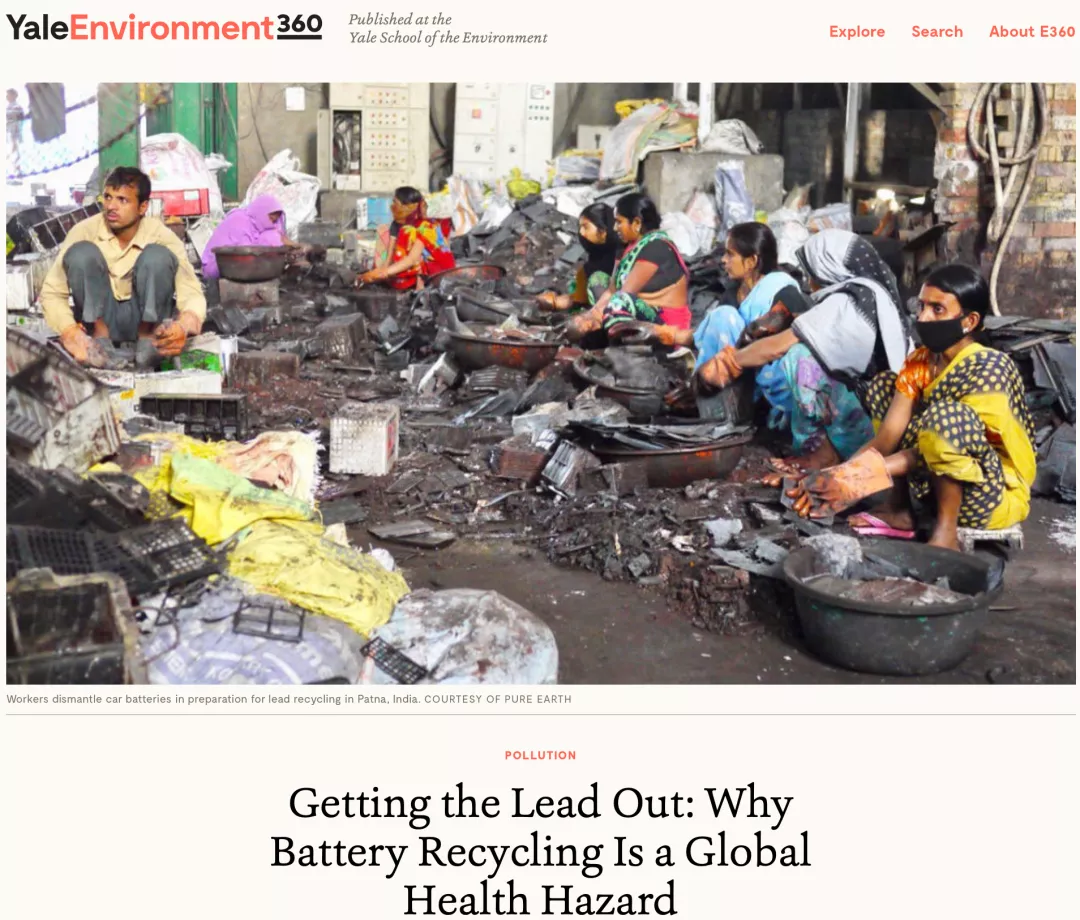
From villages in Vietnam, workshops in African shanty towns, Roma camps in
Kosovo, from forest logging plants in Bangladesh to large smelters in India, the
unprofessional recycling of lead-acid batteries has become a fatal and
increasingly serious problem. This poses a serious health threat to
children.
In recent decades, with the almost complete elimination of lead additives
in gasoline, the automobile industry seems to have eliminated lead from its
environmental impact, and the blood lead levels of hundreds of millions of
people worldwide have fallen. But now, people’s blood lead levels in these
places are rising again. This is because of the lead in car batteries. After
all, almost all 1.4 billion cars in the world are started with lead-acid
batteries.
Lead is one of the most common and toxic metals, and one of the most
recycled metals, with more than 6 million tons collected each year for reuse.
The International Lead Association (International Lead Association), a
London-based trade body, called lead batteries "the most recycled consumer
product in the world."
It is estimated that 85% of the lead currently used is used in lead-acid
batteries used in automobiles. When the life of the battery ends, 99% of the
lead is recycled to make new batteries. The reason why this business is so
popular is that it is different from e-waste and its profits are very lucrative.
However, if the supervision is not strict and the recycling process is not
standardized, the result is often fatal.
In many countries, small operators are more competitive than legal
enterprises because of their low cost. Unregulated and often illegal recycling
operations involve disassembling battery boxes, splashing acid and lead dust on
the ground, and smelting lead in open-air furnaces that emit toxic fumes and
dust that pollute surrounding communities.
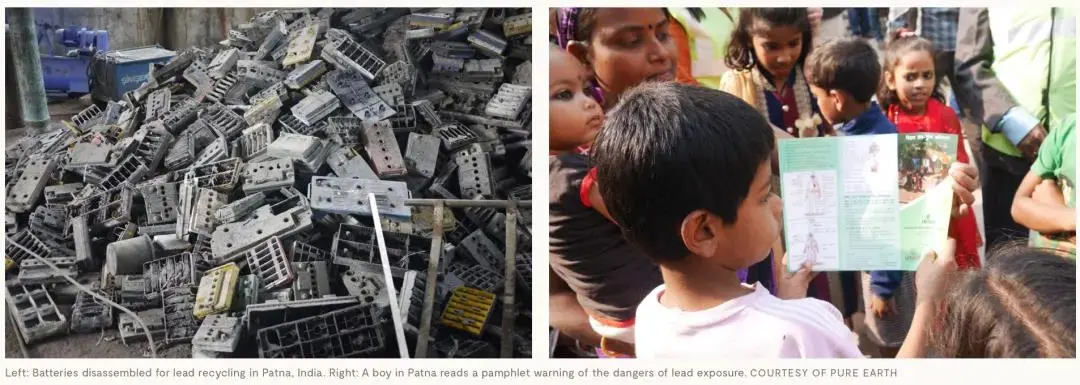
With the vigorous development of the African economy, the African continent
extracts more than 800,000 tons of lead from batteries every year, and the
impact on local health and the environment is beginning to appear. A research
report on seven countries on the African continent showed that lead pollution is
widespread in the soil around recycling plants in cities such as Dar es Salaam
in Tanzania, Lagos in Nigeria and Tema Port in Ghana. The lead content in
contaminated soil averages 23,200 ppm, which is 1,000 times the natural level
and approximately 100 times the safe level of soil in the United States.
Asia is also facing a similar crisis. For example, 90% of lead batteries in
India are eventually recycled by unregulated small-scale operators. Scholars
from the Washington University School of Public Health investigated Dong Mai, a
village near Hanoi, Vietnam, where families specialize in recycling lead
batteries. More than 100 children in the village were tested, and the lead
content in their blood was high, equivalent to 9 times the safety limit in the
United States.
Due to the rapid development of renewable energy, a disturbing new problem
has arisen because batteries are required to store energy when the sun is
shining or windy. Almost all household solar users have batteries, which allow
people to store energy during the day and turn on TVs and lights at night.
Although lithium batteries, especially lithium iron phosphate batteries, are
very polluting, they cannot be widely used in backward countries like lead-acid
batteries because of price factors. In these relatively backward places, no one
has provided a safe recycling method for lead-acid batteries, and lead-acid
batteries used for photovoltaic energy storage will evolve into new sources of
pollution.
What can we do to face lead pollution? There is a considerable amount of
research and endless discussions on this issue all over the world, but they have
not been well translated into clear actions or effective policies.
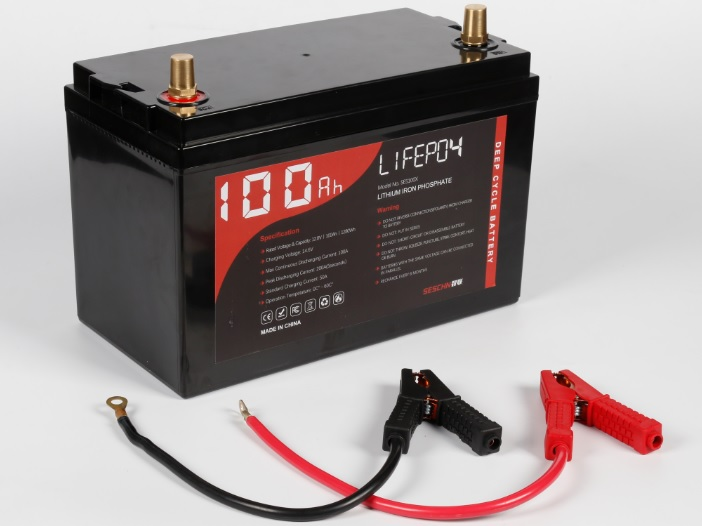
Lithium-ion battery (LIB) has become the main energy storage solution in
modern social life. Among them, lithium iron phosphate battery is a perfect
replacement for lead-acid batteries, and it is the first choice for
grid-connected peak shaving, off-grid energy storage, photovoltaic energy
storage, UPS, data center and other industries.












